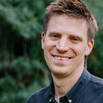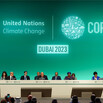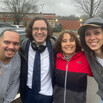Professor Kahn Finds Lessons on Preserving Democracy Close to Home
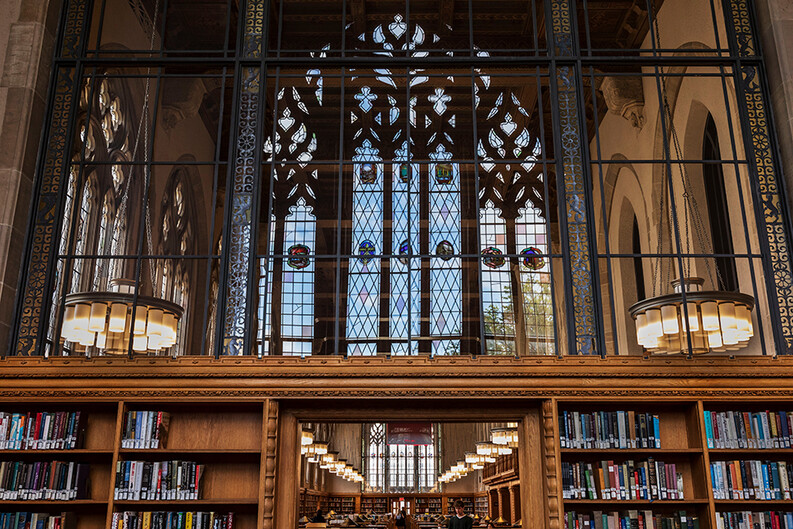
In his newest book, Democracy in Our America: Can We Still Govern Ourselves? (Yale University Press, 2023), Professor Paul W. Kahn ’80 argues that the key to understanding and preserving American democracy lies close at hand. To make his argument, Kahn turns to Killingworth, Connecticut, the town he has called home for the past 25 years.
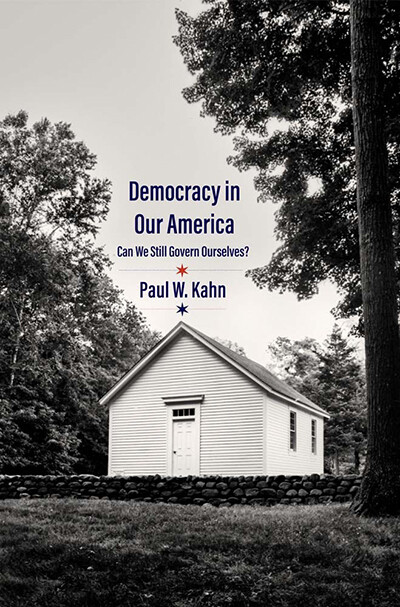
Kahn examines how changes in our national social, cultural, and political lives have affected the small town (population 6,400) about 25 miles east of New Haven. Kahn describes himself as a “participant-theorist.” He draws upon his many experiences in the town as well as on formal interviews with local residents. He brings another unique perspective to the subject — his wife, Catherine Iino, served as the town’s First Selectwoman for 12 years.
Informed by his experience in Killingworth, Kahn formulates a political theory that puts volunteering, not voting, at the foundation of self-government. Civic participation, Kahn argues, makes self-governance possible. Kahn warns that volunteerism faces “existential threats” in Killingworth and across the nation. He examines how changes in civil society, family, and work life, as well as in forms of communication have made it increasingly difficult for citizens to take part in their community’s collective life. Under these circumstances, local politics is displaced by our national political polarization; we repeat locally what we hear nationally. Describing Democracy in Our America as “an interpretation of politics and a political intervention,” Kahn considers some possibilities by which communities can try to restore an “ethos of public service.”
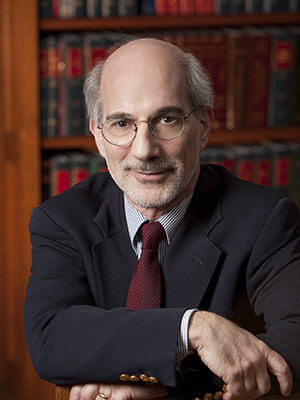
Kahn is Robert W. Winner Professor of Law and the Humanities at Yale Law School. He has served as Director of Yale Law School’s Orville H. Schell, Jr. Center for International Human Rights since 1999. Before coming to Yale in 1985, he clerked for the Honorable Byron White ’46 of the United States Supreme Court and practiced law in Washington, D.C.
Among many other titles, Kahn is the author of Testimony, Origins of Order: Project and System in the American Legal Imagination, Making the Case: The Art of the Judicial Opinion, and Finding Ourselves at the Movies: Philosophy for a New Generation. He earned a B.A. from the University of Chicago and a Ph.D. in Philosophy and a J.D. from Yale.
